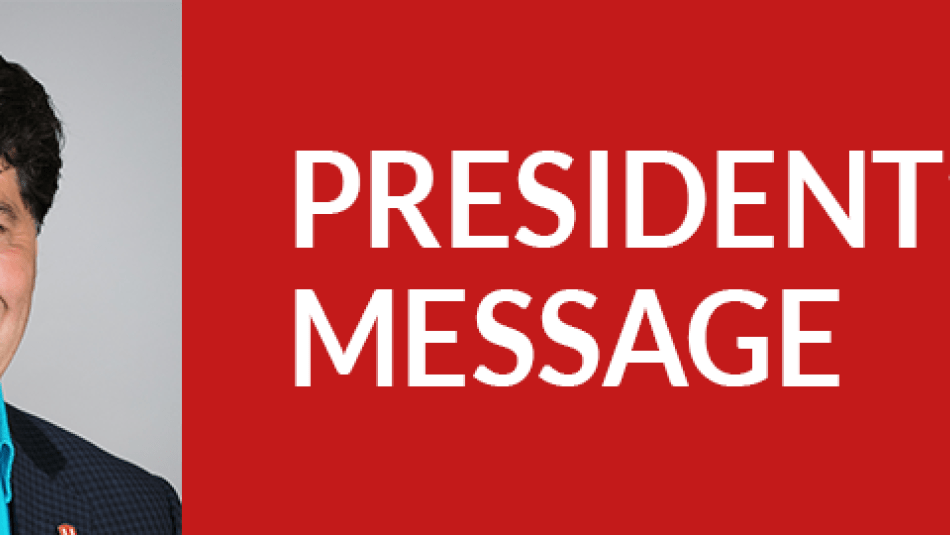
Share
People of good conscience disagree all the time – always have, always will. It would be great if we could figure out a way to agree on the major issue of the day, but I’m not holding my breath.
This is not entirely a bad thing, of course. When our views and ideas are challenged, it forces us to sharpen our arguments, and to zero in on what is most important to us. In the end, debate over what policy or action to pursue makes for better policy.
At least, when it’s done right, with good will and with both sides respectful of the other.
Politics today have become polarized. Too often, it seems to me, people are more interested in winning an argument with a cutting remark or scoring points with bumper sticker themes than actually sitting down, rolling up their sleeves and finding a workable solution.
The worst – the Donald Trumps, Doug Fords and Jason Kenneys of the world – exploit the divisions in our society to gain power.
We need more politicians to do the opposite, to bring people together, find common ground and develop policies and actions that will bring us together as a society.
We are facing many severe challenges at the moment – from environmental issues, to economic concerns as more and more jobs become precarious, to growing racial, ethic and religious tensions.
At the same time, more groups that were once marginalized are finally finding their voice. This is a good thing, of course. Good policy is only possible when all voices are truly heard.
Achieving that takes real effort, especially when it comes to fights over resource-based jobs and the environment.
Polarization just puts good jobs, livelihoods, communities and the environment at risk. Only by fostering respectful discussion can any government trying to set policy hope to help us find the way forward through these divisive times.
We see this playing out right now in Nova Scotia, where a fight has been growing over the process for handling effluent at a pulp mill. Unifor represents the workers at the mill, but the issue goes beyond that.
The government of Premier Stephen McNeil needs to show true leadership by bringing the sides together on this increasingly tense issue.
The environmentalists are right to raise concerns about the impact of the plant’s effluent on the environment. All of society benefits when people stand up for a clean environment. It is worth noting, on this point, that treated effluent is being released into the ocean without problem on B.C. coast in environmentally sensitive marine aqua culture areas.
As well there is no question flimsy promises made and not kept to the Pictou Landing First Nation over many years has led to the distrust we see today.
The new operators of the mill have made significant improvements to reduce the environmental footprint and to meet and exceed government-set emission standards and targets - and of course more must be done.
What cannot be forgotten, however is that 330 mill jobs and thousands of jobs at sawmills and related supportive industries such as trucking, hang in the balance. These jobs represent families whose futures depend on the mill being able to operate in the most environmentally sound way.
This is one plant in the small Nova Scotia community of Abercrombie, not far from where the ferry from Prince Edward Island drops off passengers, but the struggle it is facing over its future is common across this country in many different ways.
Whether it’s a fight over oil pipelines, building a gold mine, or even where to build a homeless shelter or a day care, no public policy issue or economic development plan seems possible today without a polarized fight over whose rights trump whose.
In a recent speech, Ontario Premier Doug Ford cited the approval process for a gold mine that took seven years. He pledged to get that down to one year by cutting regulations.
Cuts are not the answer. Taking away the voices of those who deserve to be heard, as Ford seems to be proposing, is not the answer.
The answer is for our political leaders – Ford, McNeil or anyone else – to provide the kind of leadership we need in these divisive times by bringing everyone together and finding a solution that works for all.
That’s what true leadership looks like.


